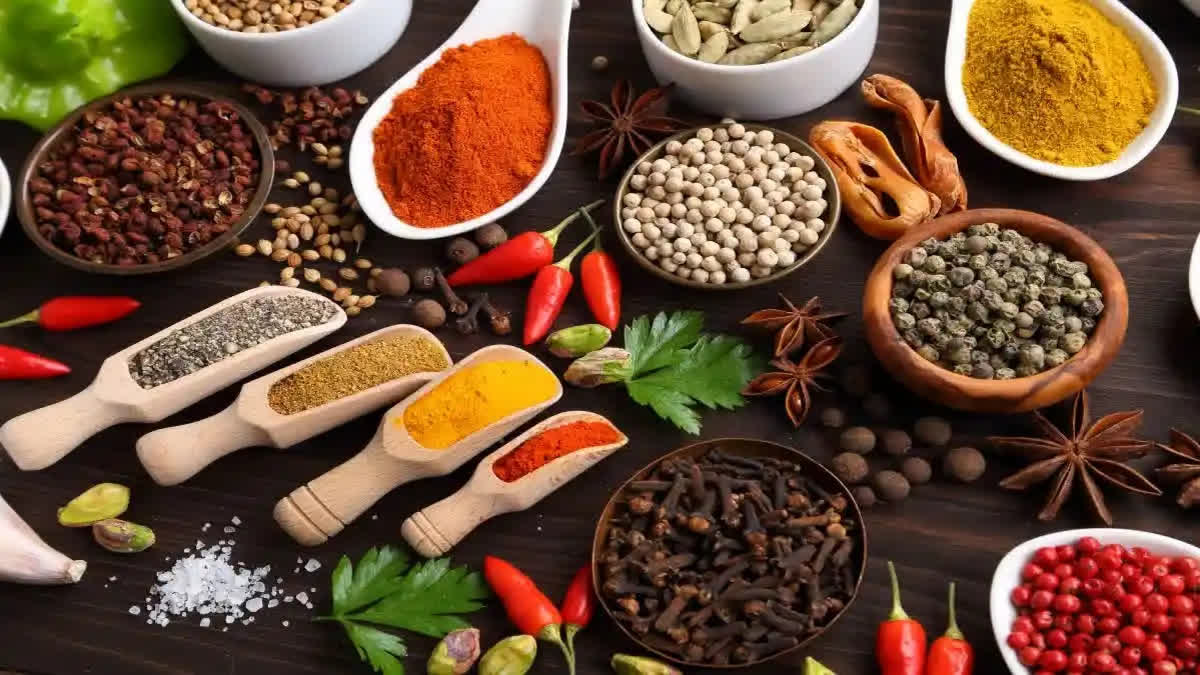Kolkata:The quality standards for five spices, namely small cardamom, turmeric, juniper berry, allspice and star anise have been finalised at the seventh session of the Codex Committee on Spices and Culinary Herbs (CCSCH) meeting held on January 29 to February 2 at Kochi. The move will help India resolve trade disputes concerning these spices in the global markets on the food safety and consumer protection front.
The spices export from India in 2023 was USD 3.95 billion (Rs 31,761 crore ). The growth in the current financial year has been about 6 per cent (figures available till August 23 ). From April to August of 2024, India exported 6,60310 tonnes of spices worth USD 1.77 billion as compared to 5,73198 tonnes of spices valued at USD 1.67 billion in the corresponding period of the previous year. After the Covid-19 pandemic, CCSCH7 was the first session of this committee to be conducted physically. In all, 109 delegates from 31 countries attended the session.
CCSCH has forwarded these five standards of spices to the Codex Alimentarius Commission (CAC) recommending for adoption at final Step 8 as full-fledged Codex standards. For the first time in this committee, the strategy of grouping spices was successfully implemented. In this manner, the committee finalised the first group standard for ‘spices derived from fruits and berries’ (covering three spices, namely juniper berry, allspice, and star anise) in the present session.
The draft standard for vanilla progressed to step five and would be subjected to one more round of scrutiny by member countries before being taken up for discussion in the next session of the committee. Proposals for the development of Codex standards for dried coriander seeds, large cardamom, sweet marjoram and cinnamon were put before the committee and were accepted. The committee will work on draft standards for these four spices in its forthcoming editions.
